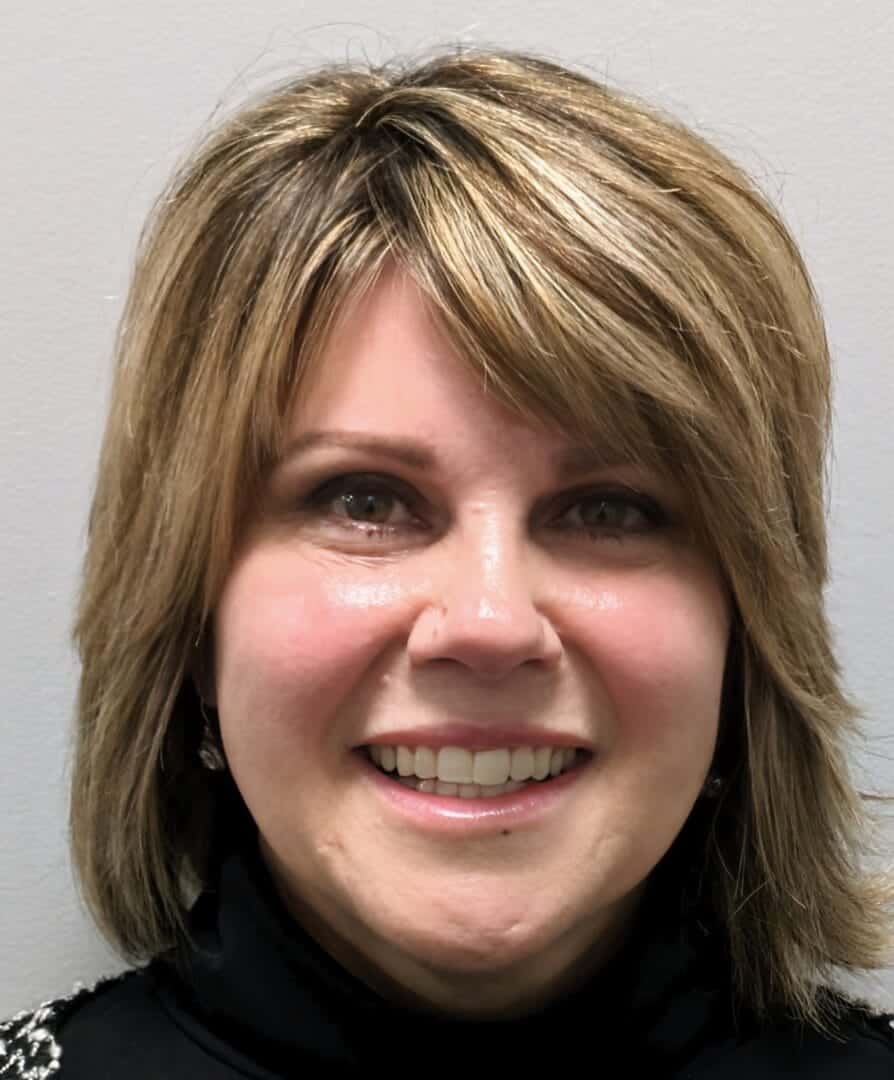Key Takeaways
-
Outpatient addiction treatment can effectively address severe substance use disorders when delivered with the right intensity and support.
-
A partial hospitalization program (PHP) or intensive outpatient program (IOP) offers clinical care while allowing patients to live at home.
-
Support for trauma, mental health, and ongoing medical needs enhances treatment effectiveness.
-
Outpatient care enables the application of real-world skills with professional oversight.
-
Success hinges on patient motivation, a stable environment, and accessible services.
Introduction
When someone is deep in the grips of addiction, it’s easy to assume that only inpatient rehab can help. But many find that outpatient addiction treatment, when structured well, offers a viable and effective path even for severe cases. Programs such as PHP and IOP provide clinical support, counseling, and peer connection without requiring people to leave their daily lives entirely. These approaches aim to deliver integrated treatment addressing the physical, emotional, and social aspects of severe substance use disorders while helping individuals maintain life commitments like work, education, and family.What Is Outpatient Addiction Treatment?
Understanding the Levels
-
Traditional outpatient treatment typically involves weekly counseling or check-ins.
-
Intensive outpatient program (IOP): Structured care 3–5 days per week with multiple hours per day.
-
Partial hospitalization program (PHP): If daily clinical support (4–6 hours) is needed, this level sits just below inpatient care.
How Outpatient Works for Severe Addiction
Applying Skills in Real Life
Cravings often hit strongest in everyday settings. Outpatient programs enable individuals to test new behaviors in their daily lives, such as at home, school, or work, under the guidance and accountability of clinicians.Clinical Oversight at Home
In a structured IOP or PHP, participants receive:-
Medical check-ins
-
Psychiatric care
-
Drug screening
-
Group and individual therapy sessions
Integrating Trauma and Mental Health Care
Many individuals facing severe addiction have untreated mental health issues or histories of trauma. Combining an IOP with trauma therapy enhances the chances of lasting recovery by addressing core issues rather than symptoms alone.A Typical Transition Path
-
Detox to stabilize the body.
-
Partial hospital program for daily medical and therapeutic support
-
IOP to build coping skills while reintegrating into daily life
-
Standard outpatient for long-term maintenance
Who Should Consider IOP
Outpatient addiction treatment is often a good fit if you have:-
A stable living situation
-
Reliable transportation or telehealth access
-
Motivation to continue changing
-
No need for 24/7 medical supervision
-
Responsibilities like jobs or caregiving
What Happens in IOP Sessions
-
Physical and mental health monitoring, cravings, vitals, mood
-
Group therapy, sharing stories, and practicing skills
-
Individual counseling refining triggers and relapse prevention
-
Psychoeducation tools for managing stress, emotions, and relationships
Seeing It in Action: Video Insight
Thinking about outpatient rehab? This YouTube video offers a front-row seat to what life after rehab looks like: Watch “Adjusting to Life After Addiction Rehab”: It shows how individuals navigate new routines, community integration, and the emotional ups and downs that come with returning home, making outpatient care more relatable and real.
Managing Common Challenges
Scheduling Around Real Life
Work, childcare, and transportation can conflict with treatment. Incorporating telehealth options, weekend sessions, or evening groups helps keep people connected to care.Healing at Home
Emotional or environmental stressors often come from home. Family-based sessions and coping strategies help rebuild trust and personal safety.Staying Motivated
Recovery isn’t a sprint; it can be a marathon. Regular check-ins, goal-tracking methods, and peer accountability help maintain motivation over time.The Power of Support
Recovery is a team effort. Family counseling, peer mentorship, and community involvement add layers of resilience to the outpatient journey.-
Family therapy helps loved ones understand support strategies and boundaries.
-
Peer mentors offer the lived experience of the detox program in Chandler with an emotional connection.
-
Connections to community programs continue to grow beyond the therapy room.
Conclusion
Yes, outpatient addiction treatment can be effective for severe substance use disorders when it includes clinical intensity, structure, and ongoing guidance. The combination of PHP, IOP, therapy, medical care, and community help brings healing into real life, without requiring full-time hospitalization. By matching treatment to your needs and leaning on consistent support, recovery becomes not just possible, but sustainable, right where life happens. Call Virtue Recovery Chandler, your drug addiction recovery center, at 866‑338‑5779 to explore outpatient options tailored to your situation.FAQs
Is outpatient okay for severe addiction?
Yes, when programs are structured, clinically supported, and adapted to changing needs.Can I work or go to school while in treatment?
Most outpatient plans are designed to fit around daily responsibilities.What happens if I relapse?
Programs typically offer the option to step up to PHP or inpatient care for stabilization.How long does treatment last?
Typically 8–12 weeks of IOP or PHP, followed by long-term outpatient support.Can Cocaine Jaw Be Managed Through Outpatient Addiction Treatment?
Outpatient addiction treatment can effectively address cocaine jaw symptoms by providing essential support and coping strategies. This approach includes therapy sessions, group support, and lifestyle changes, helping individuals manage their cravings. With a strong commitment and professional guidance, those struggling can overcome these symptoms and work towards recovery.
Resources & Citations
-
The neurobiology of addiction: Implications for treatment (2014) https://pmc.ncbi.nlm.nih.gov/articles/PMC4152944/
-
Substance use disorders https://www.medicaid.gov/medicaid/benefits/behavioral-health-services/substance-use-disorders
-
Principles of drug addiction treatment: A research-based guide (3rd ed.) (2012) https://www.ncbi.nlm.nih.gov/books/NBK64088/
-
Addiction as a brain disease: Evidence for treatment strategies (2004) https://pubmed.ncbi.nlm.nih.gov/15223090/
-
Biblical counseling and addiction recovery: An integrative model (2023) https://digitalcommons.liberty.edu/doctoral/5458/
- Group therapy for substance use disorders: A guide to evidence-based practice (2020) https://www.ncbi.nlm.nih.gov/books/NBK549812/








